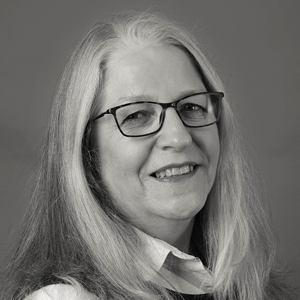If the past two years of the COVID-19 pandemic have taught us anything, it is the need to be adaptable and have resilience.
Melbourne has earned the title of the world’s most locked down city with no less than six lockdown periods, lasting from seven days, through to a massive 111 during 2020. Grocery staples were being rationed and toilet paper was all but a memory, but we learnt to “pivot” and make the most of the situation. Private businesses did what they could – restaurants moved to takeaway and delivery; retail where able, went online. Governments State and Federal stepped up to offer support to help cover lost income at both the individual and corporate levels, offered accommodation to the homeless and freed up hospital beds for a tsunami of hospitalisations that we were able to avoid. That is, until this latest Omicron variant hit us with a fist, the power of which Bruce Banner (AKA The Hulk), would be envious of.
But what have we really learnt?
Businesses no longer look, feel or operate in the same way. And nowhere is that more evident than in the world of executive search. Before the pandemic, we wanted to know how you engaged with your teams and fellow executives, and invariably we got responses where you’d conduct one-on-one catch-ups. Coffees were common and we socialised to build team morale.
Now we are more likely to have technology driven answers, not least because even if you have the desire to catch up socially, very few venues are open. They’re suffering, not only supply from chain issues, but staff shortages due to furloughs and illness.
So, does this then leave the door open for a systemic change to the way businesses function? Dr John O. Burdett, creator of Orxestra® and our resident OD guru, believes the hierarchical structure we have operated under since the 1800s has had its day.
As I look around, I see many of his predictions coming true. Managers who were successful when staff were present at a single site are struggling to succeed with teams now geographically diversified. Teams are now, in many ways, independent and self-regulating, often operating as flat structure peer to peer mini-organisations. Gone are the days of output drivers. These teams have agreed outcomes and are left to deliver in the best way they see fit, and at the time that suits them.
Have we forever moved away from place-based ways of working with a rigid chain of command?
Will this be the death of watercooler conversations and their inherent bubbles of innovation?
How will we learn to live safely and productively into the future?
As we move into 2022, we are seeing the search for talent heat up at a time when businesses are aiming to rebuild to their pre-pandemic size. However, if they fail to address the needs of the current and future workforce, they are bound to fail.
From an upcoming article, It’s time to revisit our value, John Burdett says:
“No matter how hard the hurricane blows, at the eye of the storm is an area of calm. Beyond COVID, there is no ‘new normal’ – only the new reality: a societal, economic and business tidal wave that brings with it unprecedented turbulence. A level of upheaval that is impossible to manage unless you can create at the centre of it all – an area of calm. In organizational terms, that ‘centre’ is found in an organization’s values.”
– John O. Burdett
What are you seeing that you think will revolutionise the way we work?

Sandra has in excess of 30 years recruitment and consulting experience within the Health and Human Services sectors across Australia, and internationally in New Zealand and America. She complements her consulting career with industry experience where she worked in a senior Human Resources Leadership role in a major teaching hospital in Boston. Well known for her consultative approach, Sandra has developed a reputation as a leading industry specialist, having placed a range of CEOs and senior executives across the sectors and facilitated initiatives including talent acquisition, talent management and organisational excellence. Read more…


